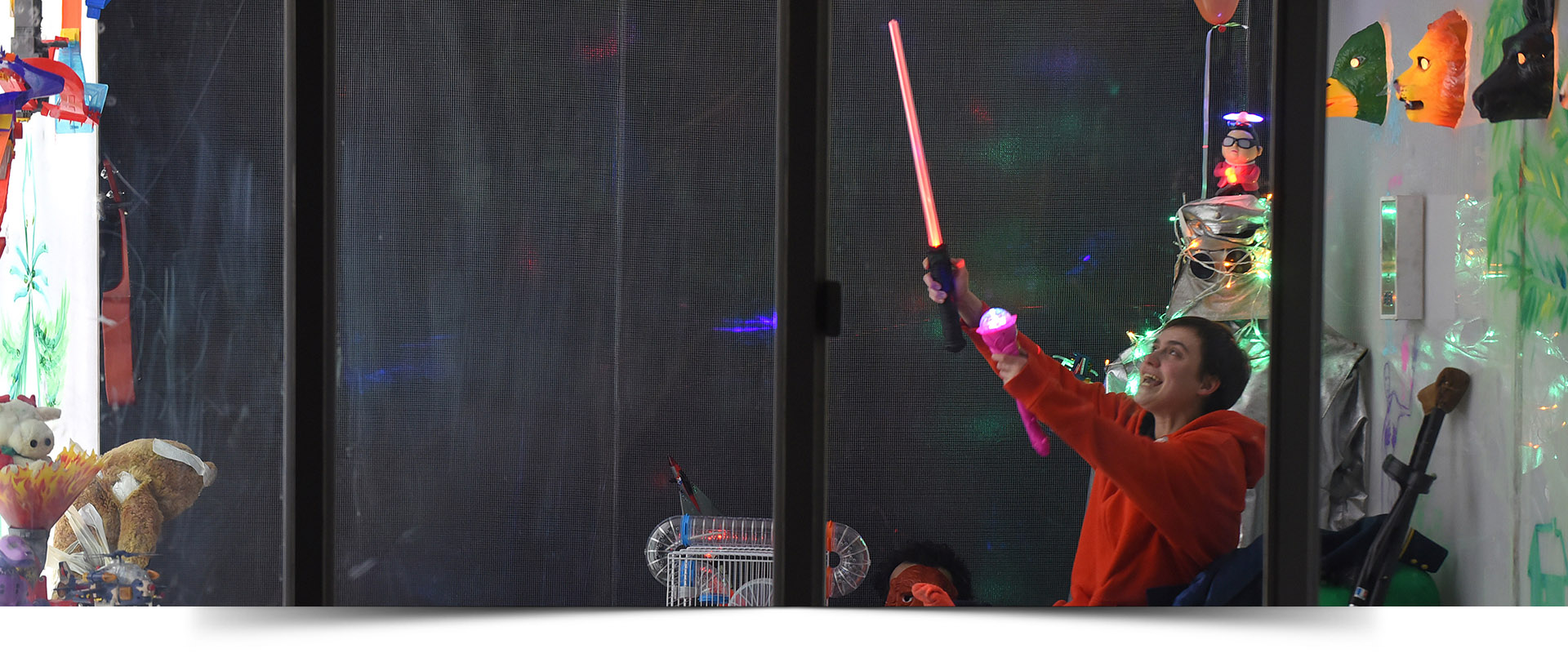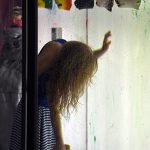
Petit Eyolf (2015)
Direction Julie Berès
Translation Alice Zeniter
Adaptation Julie Berès, Nicolas Richard, Alice Zeniter
Dramaturgy Olivia Barron
Cast in order of appearance
Anne-Lise Heimburger, Gérard Watkins, Julie Pilod, Valentine Alaqui, Béatrice Burley, Sharif Andoura
Set Julien Peissel assisted by Camille Riquier
Lighting design Kelig Le Bars assisted by Léo Grosperrin
Sound design Stéphanie Gibert assisted by Guillaume Vesin
Choreography Stéphanie Chêne
Costumes Aurore Thibout assisted by Florinda Donga
Arrangement and vocal direction Ariana Vafadari
Production and technical direction Léllia Chimento
Lighting direction Marie-Gabrielle Mathieu
Stage management Bruno Gallix, Arnaud Monnet
Sound engineer Guillaume Vesin
Executive Producer L’Espace des arts, scène nationale de Chalon-sur-Saône
Coproduction Cie Les Cambrioleurs – Comédie de Caen, centre dramatique national de Normandie – L’Espace des arts, scène nationale de Chalon-sur-Saôn – Le Théâtre des Célestins à Lyon – Le Parvis, scène nationale de Tarbes – Le Théâtre Gérard Philipe, Champigny – Le Grand Logis, scène conventionnée à Bruz – Le Théâtre du Pays de Morlaix
With support from T2G-CDN de Gennevilliers and of the Etablissement Public du Parc and the Grande Halle de la Villette
With the artistic participation of the Jeune Théâtre National. This text received support from the Centre National du Théâtre
Written in 1894, Petit Eyolf is probably Henrik Ibsen’s darkest and most disturbing play. Young Eyolf is an 11 year old boy, with one leg paralyzed due to a terrible fall he took as a baby while his parents were making love. After a mysterious Rat-Wife visits, Eyolf is found drowned in the nearby fjord. The death of a child: a tragedy which explodes all family and intimate connections. This new translation by the novelist Alice Zeniter “renders contemporary this text riddled with the unspoken,” and in a set where Eyolf’s room, transformed into a glass cube, becomes a mental space, a matrix for the unsettling strangeness which eats away at what is real. Julie Berès creates an acoustic and visual universe where visions form, transposing the subconscious parts of the characters. “Making theatre,” according to Julie Berès, “is to bring forth the subconscious hidden inside us, showing the reversability of appearances, the instability of masks, the rumbling of memories held just beneath the surface
Comédie de Caen, centre dramatique national de Normandie January 19 to 23, 2014
Théâtre de la Ville-Paris (Théâtre des Abbesses) February 4 to15, 2015
Centre dramatique national de Haute-Normandie Petit-Quevilly Mont-Saint-Aignan February 18-19, 2015
Grand Logis-Bruz February 26-27, 2015
Théâtre du Pays de Morlaix March 5, 2015
Comédie de Valence, centre dramatique national March 11-12, 2015
Théâtre des Célestins-Lyon March 17 to 21, 2015
L’Espace des arts, scène nationale de Chalon-sur-Saône March 24-25, 2015
Le Parvis, scène nationale de Tarbes March 31-April 1st, 2015
Théâtre Gérard Philipe-Champigny April 10, 2015
Théâtre de la Madeleine-Troyes April 23, 2015
Transversales-Verdun April 28, 2015
Théâtre Jean Lurçat, scène nationale d’Aubusson May 12, 2015
Théâtre National Bordeaux Aquitaine, centre dramatique national May 19 to 22, 2015
Le Granit, scène nationale de Belfort June 2nd, 2015
“From the dark, nightmare-infused drama by Henrik Ibsen, Little Eyolf, Julie Berès has created a hallucinatory work. […] She brings it to life, adroitly mixing the monotony of a bourgeois existence without any emotional or sensory horizons, with its devastating opposite: the growing influence of glittering, nightmare visions which Freud would use as inspiration for his own psychoanalytical theories.”
Les Inrockuptibles, February 25, 2015
“With its high-class cast and stunning set, this version is a theatrical shock (…) This production directed by Julie Berès is a jewel.”
Sceneweb, Stéphane Capron, February 14, 2015
“This story could be a religious parable advocating filial love and denouncing egotism. But in Ibsen’s dark play – and in the intelligent production directed by Julie Berès, it becomes more of a Freudian ‘super case.’”
Coup de théâtre, Blog du Monde, Judith Sibony, February 11, 2015





